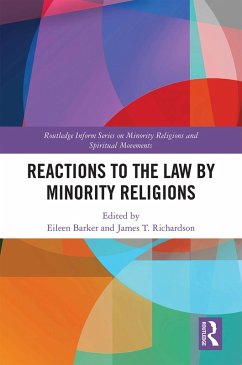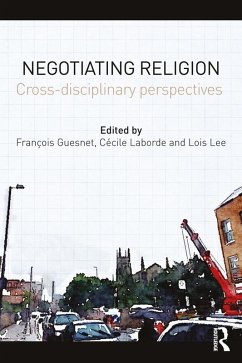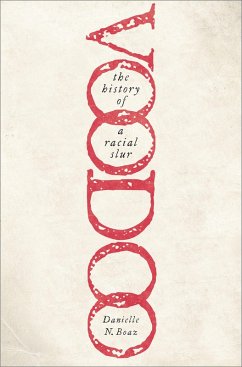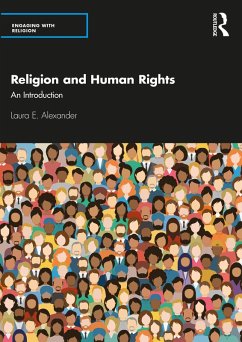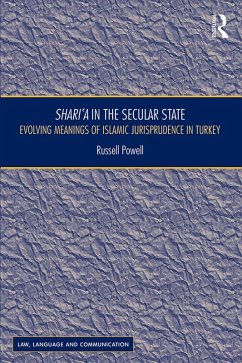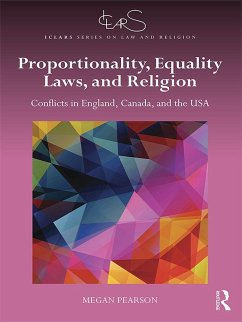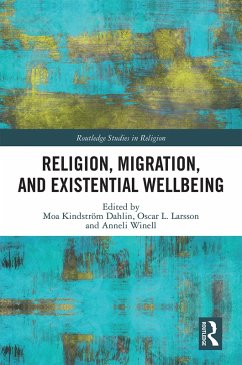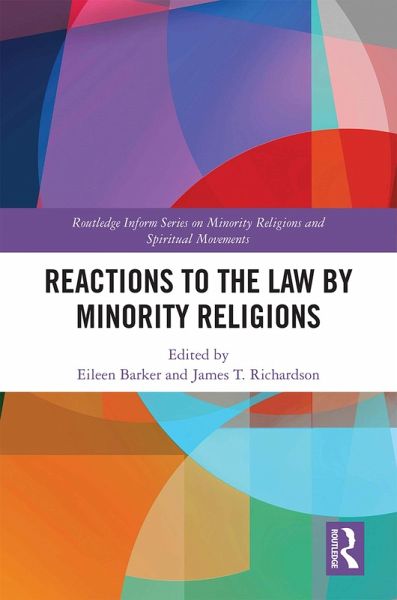
Reactions to the Law by Minority Religions (eBook, ePUB)

PAYBACK Punkte
21 °P sammeln!
Much has been written about the law as it affects new and minority religions, but relatively little has been written about how such religions react to the law. This book presents a wide variety of responses by minority religions to the legal environments within which they find themselves.An international panel of experts offer examples from North America, Europe and Asia demonstrating how religions with relatively little status may resort to violence or passive acceptance of the law; how they may change their beliefs or practices in order to be in compliance with the law; or how they may resor...
Much has been written about the law as it affects new and minority religions, but relatively little has been written about how such religions react to the law. This book presents a wide variety of responses by minority religions to the legal environments within which they find themselves.
An international panel of experts offer examples from North America, Europe and Asia demonstrating how religions with relatively little status may resort to violence or passive acceptance of the law; how they may change their beliefs or practices in order to be in compliance with the law; or how they may resort to the law itself in order to change their legal standing, sometimes by forging alliances with those with more power or authority to achieve their goals. The volume concludes by applying theoretical insights from sociological studies of law, religion and social movements to the variety of responses.
The first systematic collection focussing on how minority religions respond to efforts at social control by various governmental agents, this book provides a vital reference for scholars of religion and the law, new religious movements, minority religions and the sociology of religion.
An international panel of experts offer examples from North America, Europe and Asia demonstrating how religions with relatively little status may resort to violence or passive acceptance of the law; how they may change their beliefs or practices in order to be in compliance with the law; or how they may resort to the law itself in order to change their legal standing, sometimes by forging alliances with those with more power or authority to achieve their goals. The volume concludes by applying theoretical insights from sociological studies of law, religion and social movements to the variety of responses.
The first systematic collection focussing on how minority religions respond to efforts at social control by various governmental agents, this book provides a vital reference for scholars of religion and the law, new religious movements, minority religions and the sociology of religion.
Dieser Download kann aus rechtlichen Gründen nur mit Rechnungsadresse in A, B, BG, CY, CZ, D, DK, EW, E, FIN, F, GR, HR, H, IRL, I, LT, L, LR, M, NL, PL, P, R, S, SLO, SK ausgeliefert werden.




